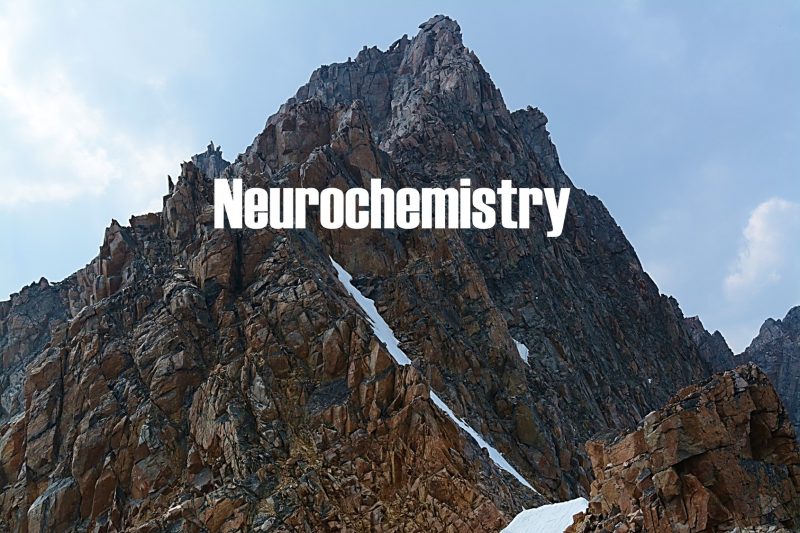I didn’t know what to expect going into neurochemistry this semester. I had no experience in the neurosciences and had never taken a chemistry class without a lab. To say the least, what expectations I did have for this class were blown out of the water and this became one of the most enjoyable classes I have taken at Concordia.
In a short time, I went from knowing nothing about neurosciences to craving more of the specifics about neurochemical pathways. The neat thing is that everyone in our class was the same way. We were all genuinely curious which fostered a unique learning environment. On Wednesdays we would have speed dating rounds where we would each share something regarding the weekly topic that we had researched further. As a group there was so much energy in the room as we shared information and learned more together, it was invigorating. Neurochemistry definitely heightened my love of learning as I always wanted to know more.

Each week we read an article outlining the pathology and neurochemistry surrounding a neurological disease or other neurological functions. We would try to understand what we could individually and then discussed the article in class to learn about areas in the paper that were more difficult. Scientific literacy is a transferable skill that will be important in my future endeavors. I might even go as far to include scientific literacy on my resume. My future goal currently is to study plant biology, in which understanding research in the field is critical as it is in all the sciences.
On Fridays, we would sit in a large circle and discuss the topic that our paper covered and other social implications that surround the topic. This was a great way to observe other perspectives in the class but also gave us the opportunity to move away from the microscopic neurochemistry to the macroscopic implications a neurological disorder, substance abuse, or obesity has on society. We were given the opportunity to share our own experiences and biases in an open, accepting zone. I think these discussions were really a time to draw from other disciplines as we analyzed what we knew about the topic. Discussions often included political, ethical, cultural, and social concerns showing that this class provided a wholesome learning experience.
Lastly, a project that we mostly did outside of class was the Community Action Project. In this project we teamed up with social work students to tackle a societal issue with components of neurochemistry. We were each assigned a topic. My group was addiction and we decided to tackle youth vaping. We held four sessions with middle school students who had been cited for vaping. Not only was the project interdisciplinary, as we worked with social work students, but it also allowed us to contribute to the community in one way or another. I’m not sure the middle school students will quit vaping tomorrow but maybe we gave them some things to think about when they do vape. I consider this as the BREW component of our class. We were engaged in an issue that is a part of our world and hopefully were able to contribute to fixing the problem. The addiction counselor at the school will be implementing a similar program in the future with students which makes it feel like we really did contribute.
Neurochemistry was a class that I think embodies the liberal arts education. The course provided a wholesome learning experience through the discussions we had and the Community Action Project. Overall, the class is very creatively administered which is refreshing when most courses in the sciences are lecture based. I thoroughly enjoyed this class and cannot praise the applicability of this class to liberal learning enough. This is liberal learning at its finest!!
-Emma Chandler 2020
